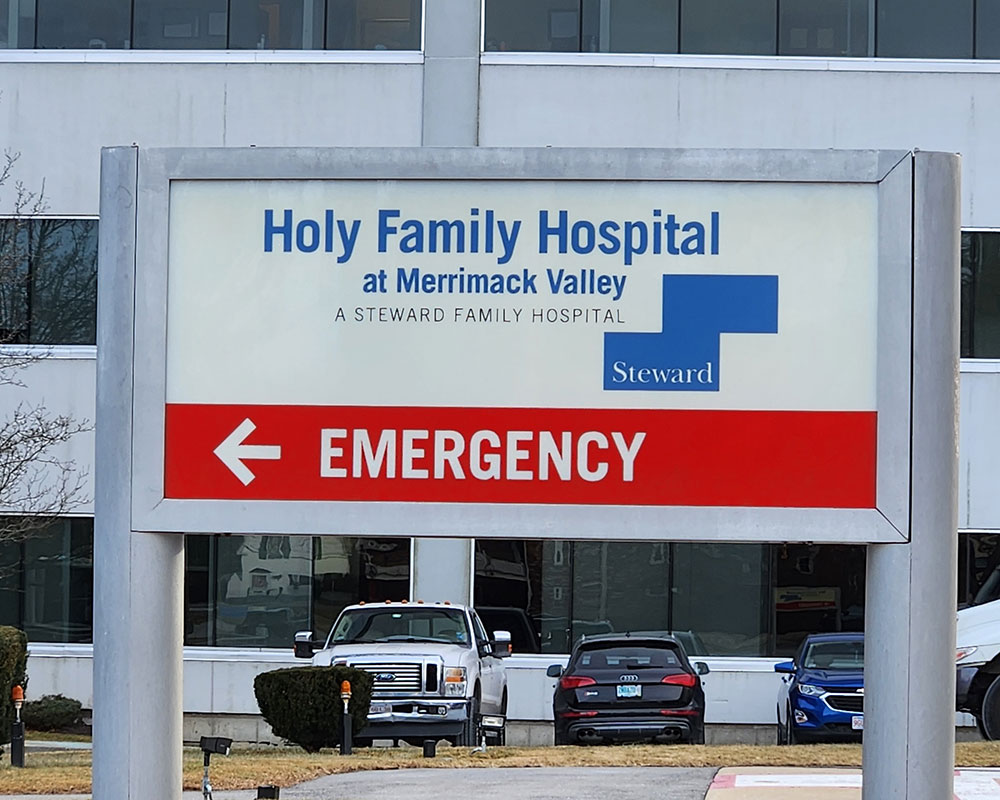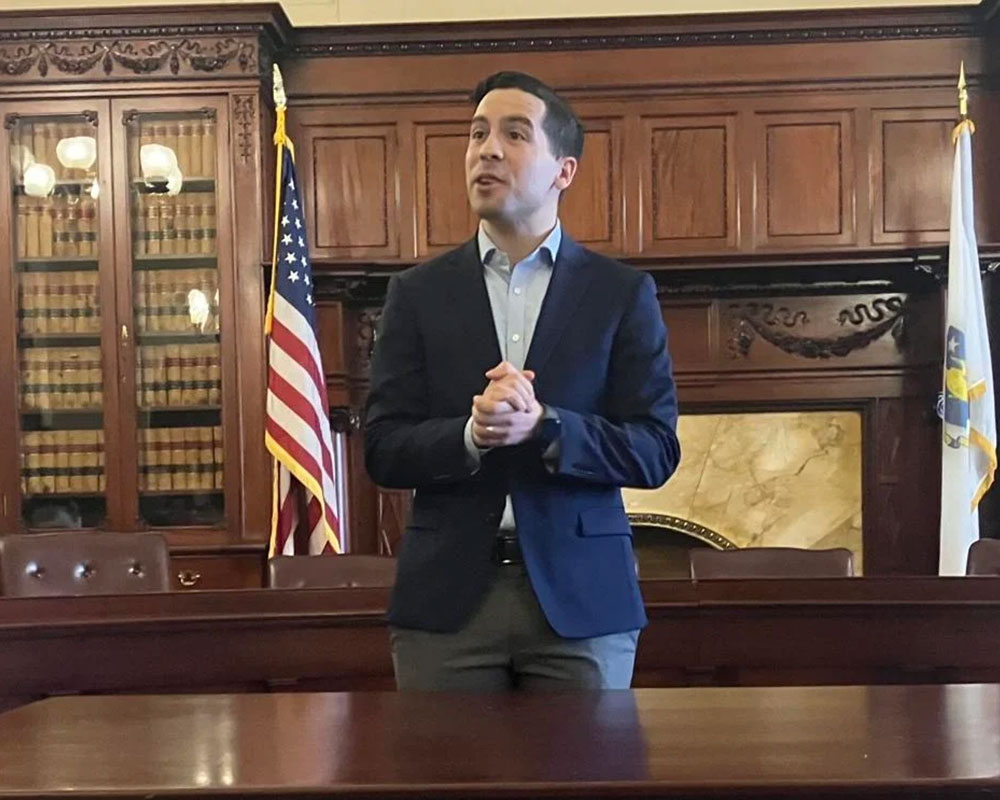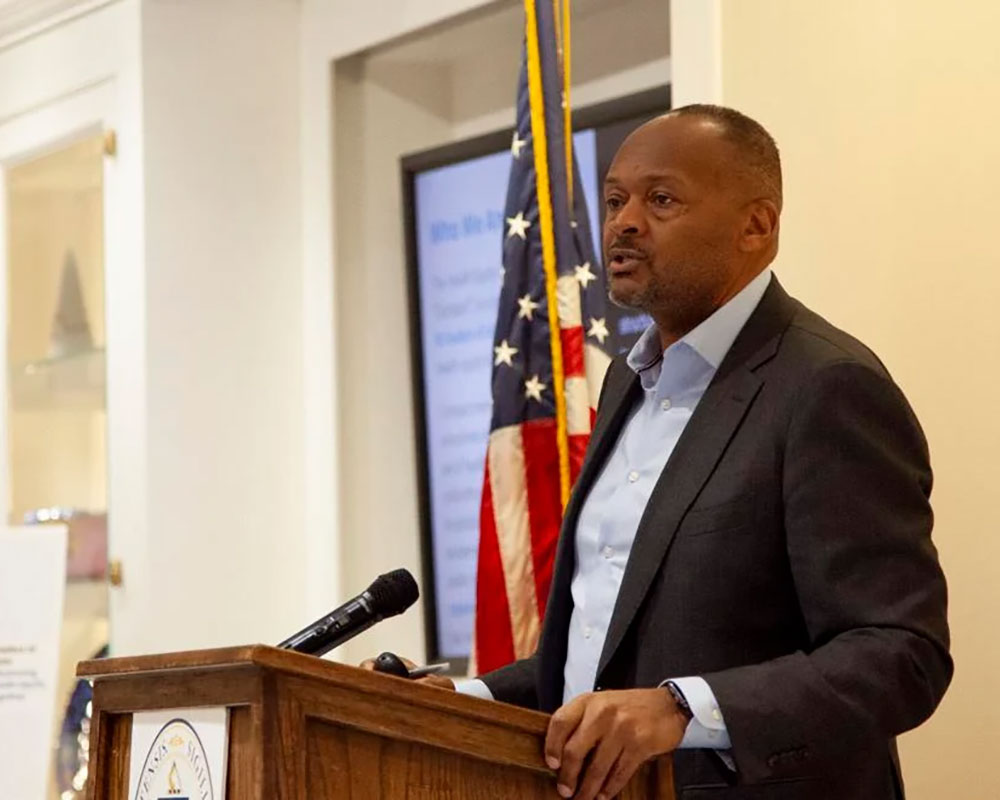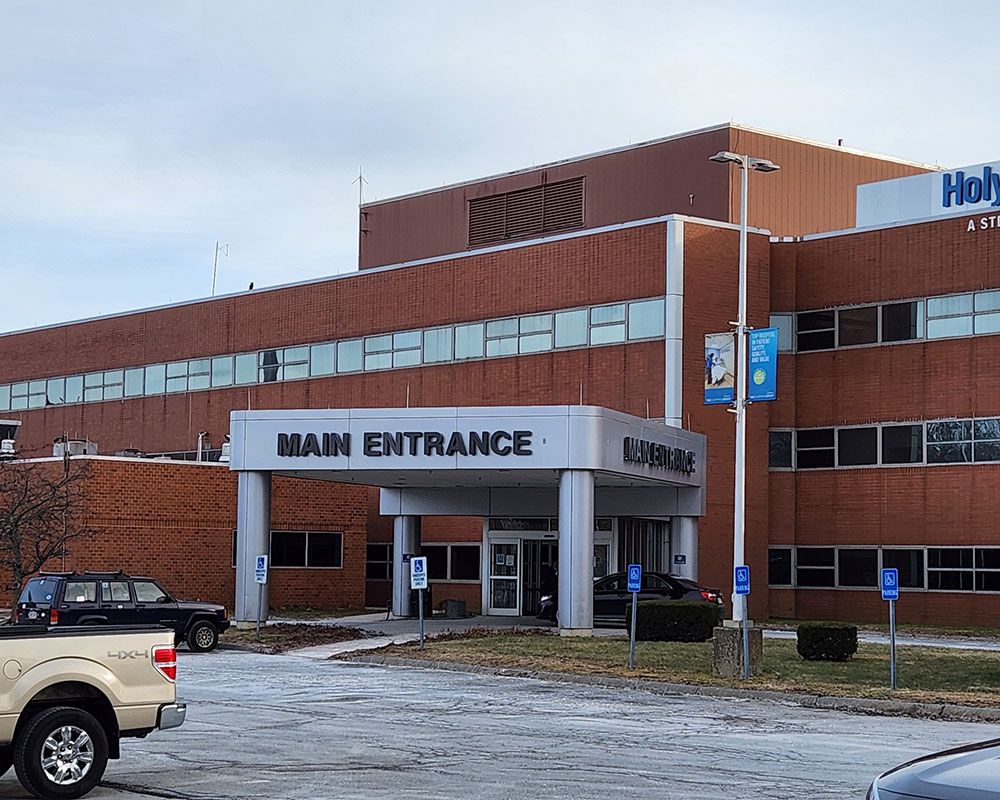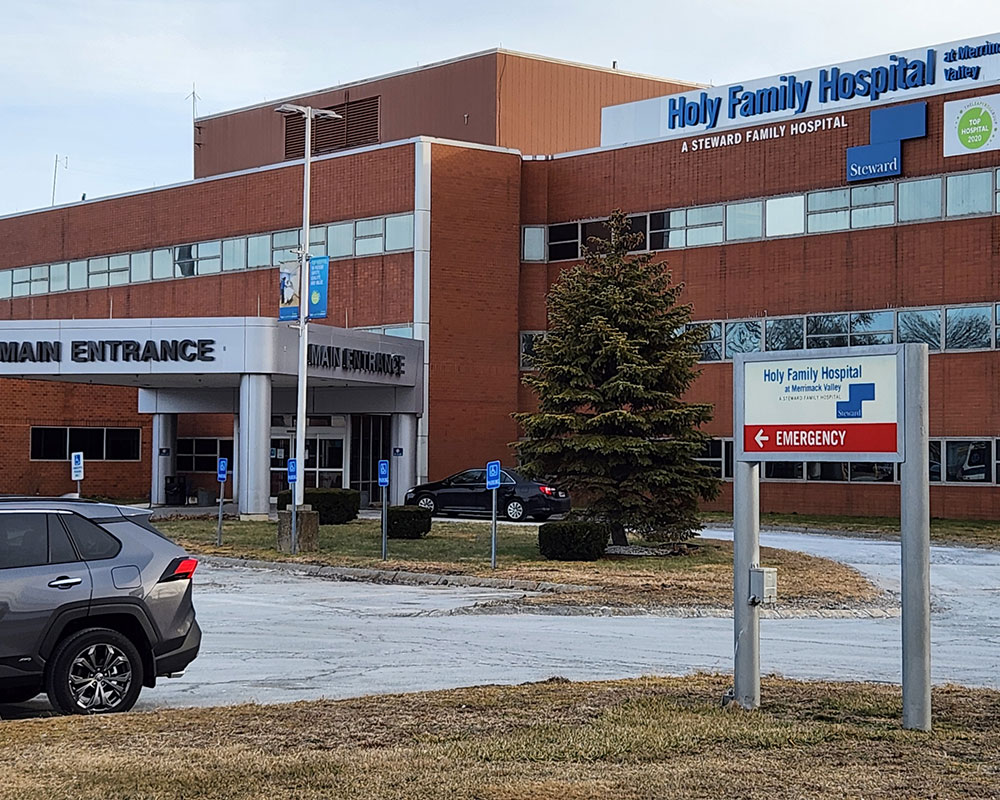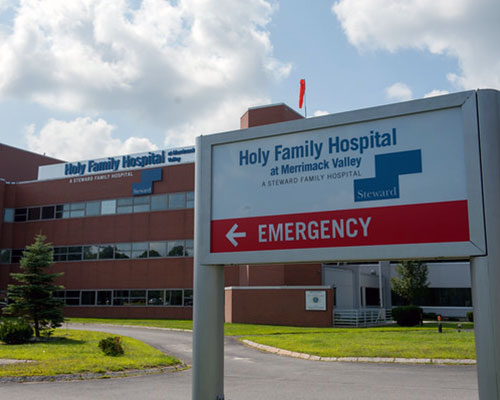Haverhill
Amid Steward Health Concerns, Walsh Lectures Legislature on Making Decisions in ‘Haste’
|
Massachusetts Health and Human Services Secretary Kate Walsh issued a broad warning Tuesday about hasty legislative solutions to address the role of private equity in health care, as officials and hospital leaders continue to brace for potentially major care disruptions amid Steward Health Care’s financial challenges. Walsh did not invoke any specific proposal when asked about the role of state or federal legislation to respond to the Steward crisis, following recent Beacon Hill hearings focused on the negative impact of private equity on patient care and possible strategies to boost regulatory oversight of health care transactions. “I think that the health care system in our country is really, really complicated, and I worry about broad brushstrokes that say, ‘private equity bad, not-for-profit good,’” Walsh told reporters following an event at Brigham and Women’s Hospital. “I think we have seen an extreme set of circumstances, the choices that Steward made as a health system to capitalize their system—it just didn’t work,” the secretary continued. “And so what we need to do when we get patients, and staff, and people and regions through this is sort of step back.
